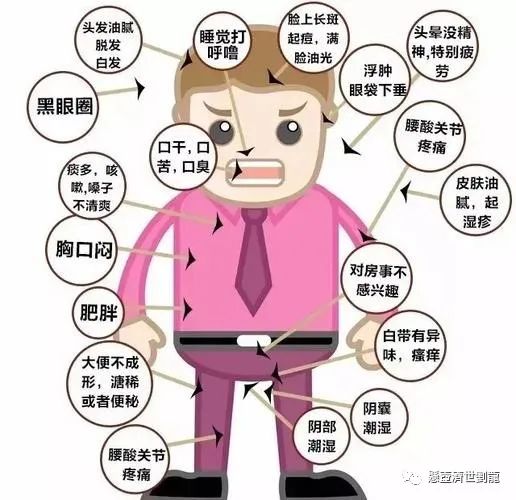
Spleen and Stomach Yang Deficiency (脾胃虚寒, Pí Wèi Xū Hán) is a term in Traditional Chinese Medicine (TCM) that refers to the insufficient Yang energy of the Spleen and Stomach, leading to a loss of warmth and impaired transportation functions, resulting in internal coldness. This condition is similar to Spleen Yang Deficiency (脾阳虚, Pí Yáng Xū) and is caused by dietary imbalances, excessive consumption of cold foods, overexertion, prolonged illness, or emotional stress affecting the Spleen. Symptoms include abdominal distension, abdominal pain, thirst, cold extremities, loose stools, edema in the limbs, aversion to cold, prolonged or difficult urination, and in women, thin and profuse vaginal discharge. The tongue may appear swollen with a white, moist coating, and the pulse may be weak and slow. Symptoms often worsen with cold weather or cold foods, and the pain is accompanied by a sensation of cold in the stomach, which alleviates with warmth. Stomach pain may be persistent, characterized by cold discomfort, worsened by hunger, and aggravated by cold foods or exposure to cold, leading to vomiting of clear fluids, reduced appetite, fatigue, cold extremities, and loose stools. The Spleen also plays a crucial role in blood regulation. Therefore, if Spleen Yang is deficient, it may lead to blood regulation issues, resulting in various bleeding disorders, such as hematochezia, hematemesis, and skin bleeding, as well as conditions like uterine bleeding. Now, whether caused by external factors or internal coldness, it is always related to cold. Cold pathogens often affect the metabolism of body fluids, leading to dampness. When cold and dampness combine, they can obstruct the Middle Jiao (中焦, Zhōng Jiāo) of the Spleen and Stomach, resulting in a series of problems.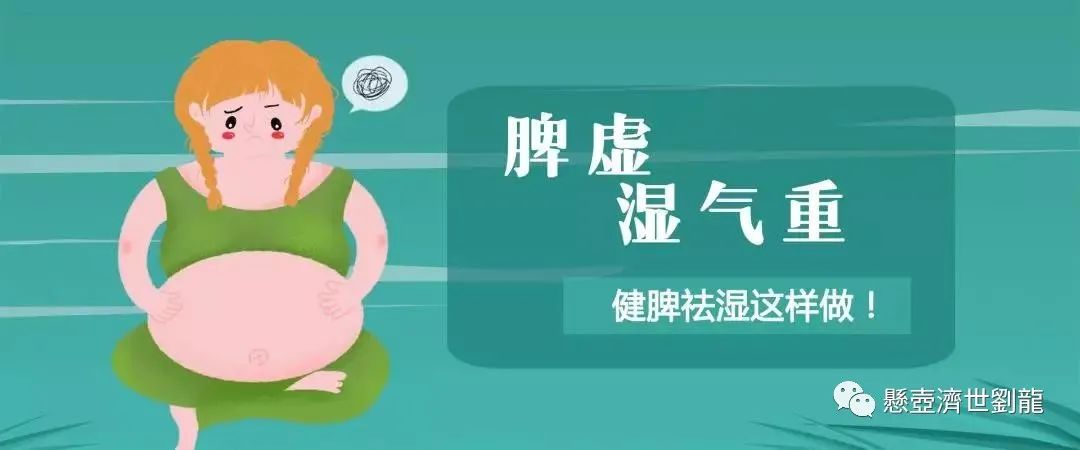
The Spleen requires Yang energy for its transformation and transportation functions. When Yang energy is insufficient, the digestive power diminishes, leading to a lack of appetite and discomfort from abdominal distension, which we refer to as impaired warming function, resulting in a sensation of fullness and reduced food intake.
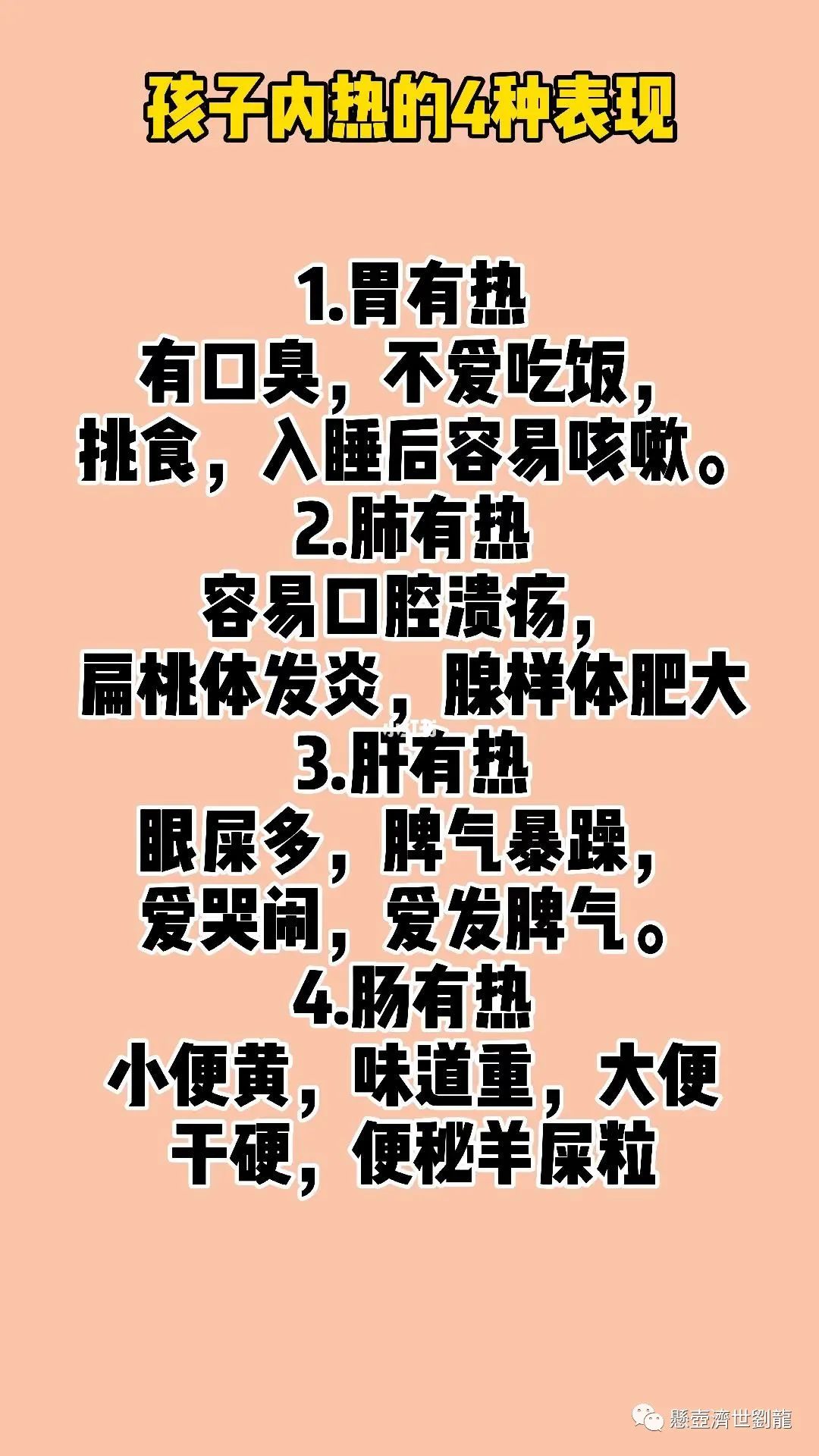
Spleen and Stomach Yang Deficiency (脾胃虚寒, Pí Wèi Xū Hán), similar to Spleen Yang Deficiency, is caused by dietary imbalances, excessive consumption of raw and cold foods, overexertion, prolonged illness, or emotional stress affecting the Spleen. Symptoms include poor appetite, abdominal distension, preference for warmth and gentle pressure on the abdomen, lack of thirst, cold extremities, loose stools, or edema in the limbs, aversion to cold, preference for warmth, prolonged or difficult urination, and in women, thin and profuse vaginal discharge. The tongue may appear pale and swollen with a white, moist coating, and the pulse may be deep and slow. Symptoms often worsen with cold weather or cold foods, and the pain is accompanied by a sensation of cold in the stomach, which alleviates with warmth. Stomach pain may be persistent, characterized by cold discomfort, worsened by hunger, and alleviated by eating, with pain exacerbated by fatigue, cold foods, or exposure to cold, leading to vomiting of clear fluids, reduced appetite, fatigue, cold extremities, and loose stools.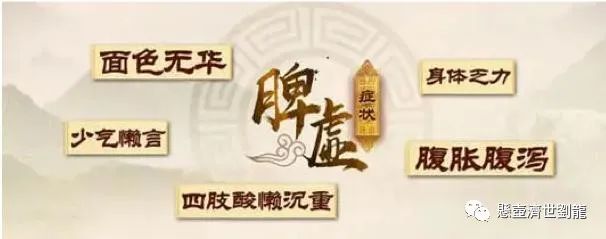
Of course, if the primary issue is related to upward movement, it may manifest as diarrhea. If the primary issue is related to downward movement, it may present as vomiting. Additionally, due to insufficient Yang energy, the warming function is diminished. When the warming function is impaired, individuals may exhibit symptoms of aversion to cold and cold extremities. Thus, these individuals may experience cold aversion, which we refer to as Yang deficiency. The Spleen is the source of Qi and blood transformation. If Spleen Yang is deficient, Spleen Qi is also likely to be deficient. Yang deficiency is based on Qi deficiency, so if the Spleen is deficient…
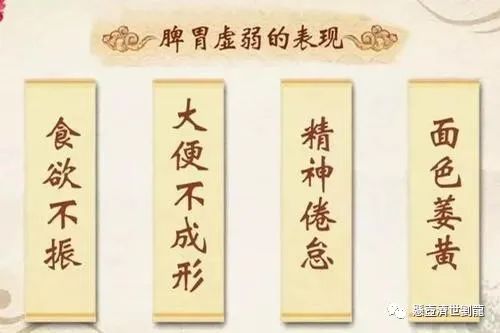
When cold and dampness obstruct the Middle Jiao, if it ascends, it primarily harms the Heart Yang. Once Heart Yang is depleted, the heart’s pumping power, rate, and rhythm may be affected. Furthermore, the cold and dampness can obstruct the vessels, leading to chest pain and heart discomfort. Simultaneously, with internal obstruction from cold and dampness and Spleen Qi deficiency, the Spleen’s ability to hold fluids is compromised. The Spleen governs fluids, and when it cannot hold them, excessive salivation may occur, leading to constant drooling.
When cold and dampness obstruct the Spleen and Stomach’s ability to digest and transport, the production of Qi and blood is insufficient, which we refer to as Qi and blood deficiency.
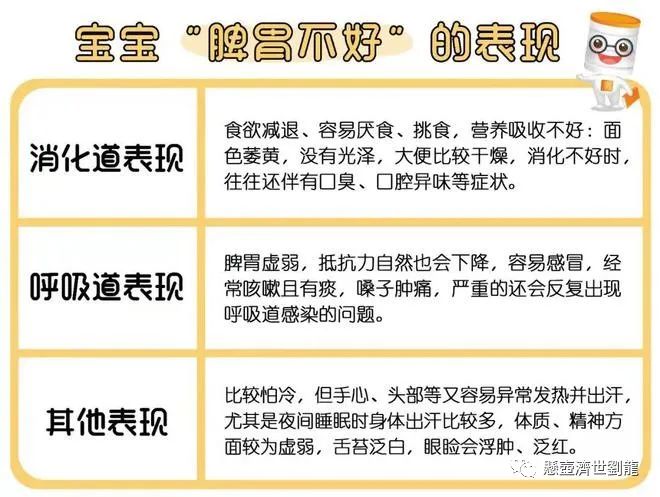
When Qi and blood production is insufficient, the muscles and tendons will lack nourishment. This condition is particularly common in children, who may experience convulsions when this occurs, which is often referred to as slow convulsions. The above describes the series of issues that arise from Spleen Yang deficiency. Given the potential for numerous problems, it is advisable to dress warmly, consume warm foods, and avoid cold items. Especially during summer, it is wise to limit the intake of cold drinks and icy beverages, as life is sustained by Yang energy.
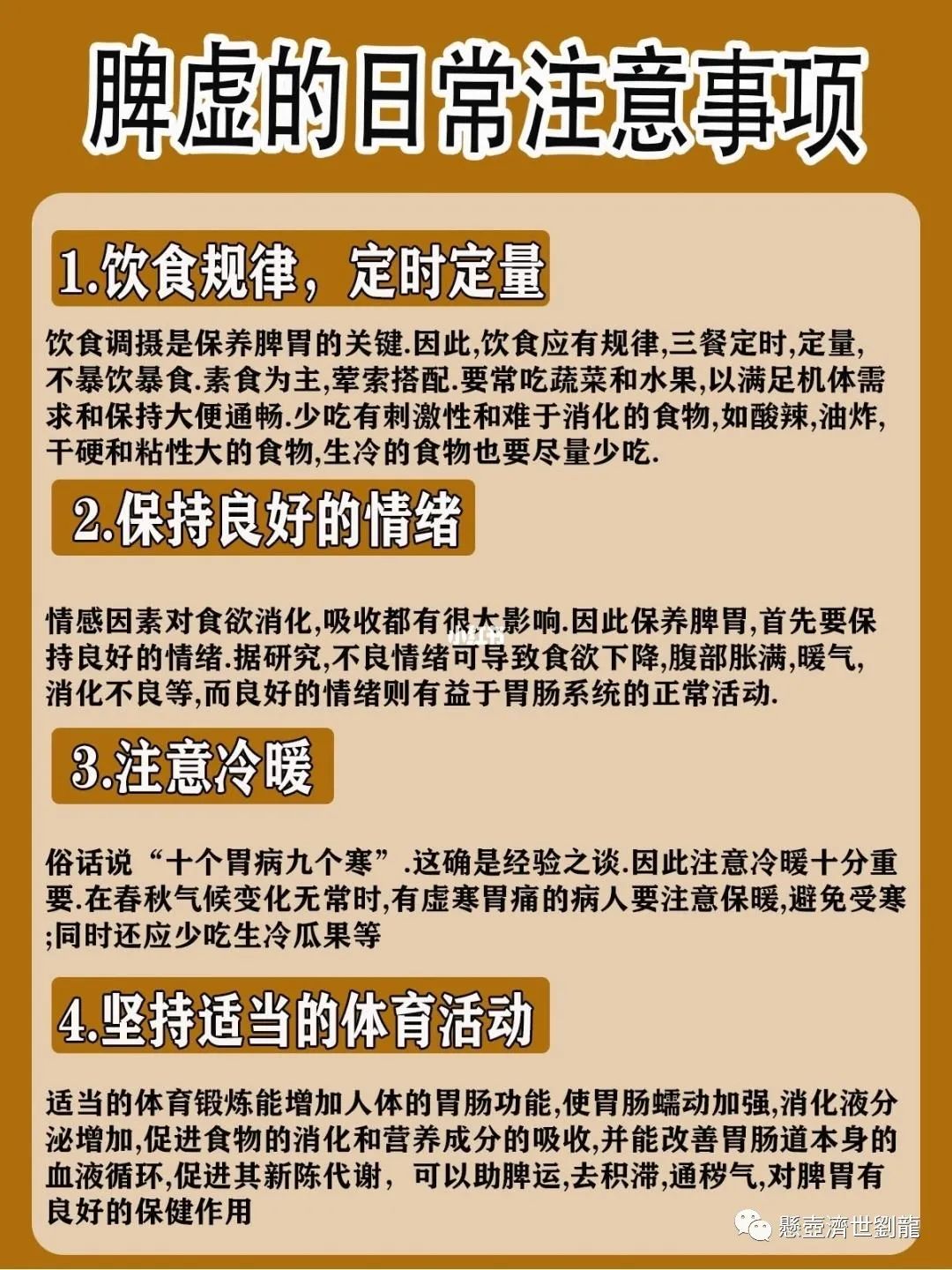
From the above analysis, we can determine the location of the issue. The disease is located in the Spleen and Stomach. What is wrong with the Spleen and Stomach? They are cold. Why are they cold? Because of insufficient Yang energy. Insufficient Yang energy is referred to in the Inner Canon as “Qi deprivation leads to deficiency,” so insufficient Yang energy is termed deficiency. This coldness caused by Yang deficiency is referred to as virtual cold. Therefore, collectively, we call it Spleen and Stomach Yang Deficiency Syndrome (脾胃虚寒证, Pí Wèi Xū Hán Zhèng).
The Spleen and Stomach, especially the Stomach, are responsible for digestion. To transform the ingested food into a digestible form, sufficient Yang energy is essential. The sources of Yang energy include the Yang energy of the Stomach, the Yang energy of the Spleen, and the Yang energy of the Kidney. These three Yang energies work together like three flames to digest the contents of the Stomach.
If Spleen Yang is deficient, the Middle Jiao’s ability to digest is impaired. Additionally, if a person is generally slightly deficient in Spleen Yang, and they do not pay attention to dressing warmly or are exposed to external cold, or occasionally indulge in cold foods, this series of issues can lead to cold pathogens. Cold pathogens arise from the Middle Jiao, and combined with pre-existing Spleen Yang deficiency and poor lifestyle habits, problems are bound to occur.
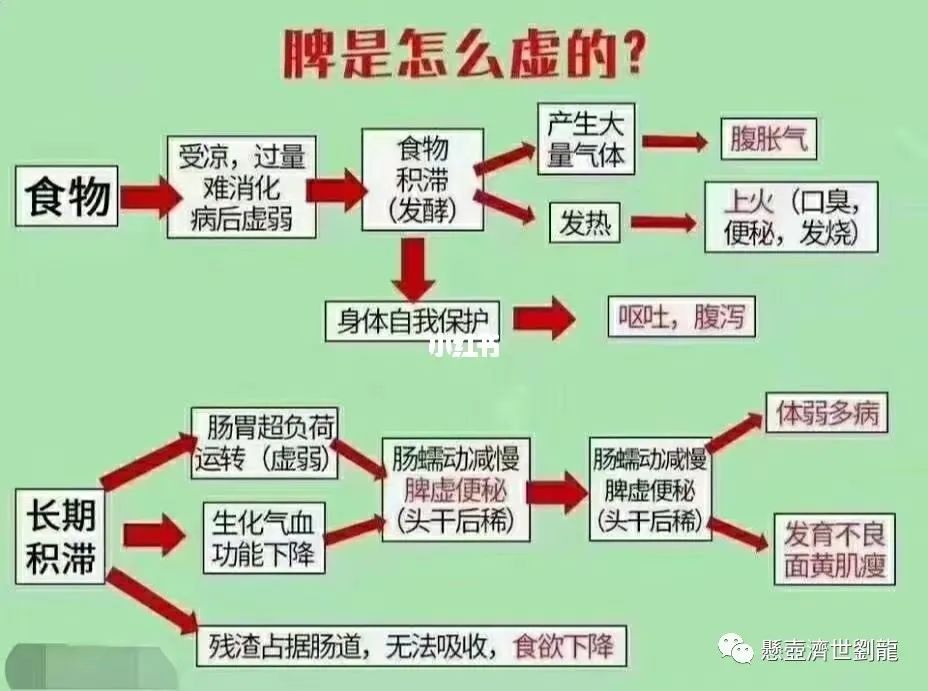
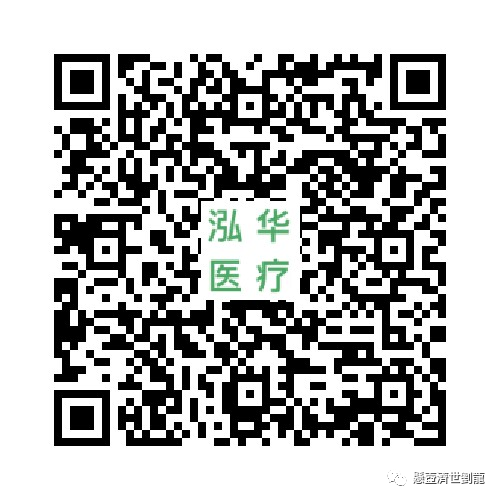


Consultation WeChat ID

